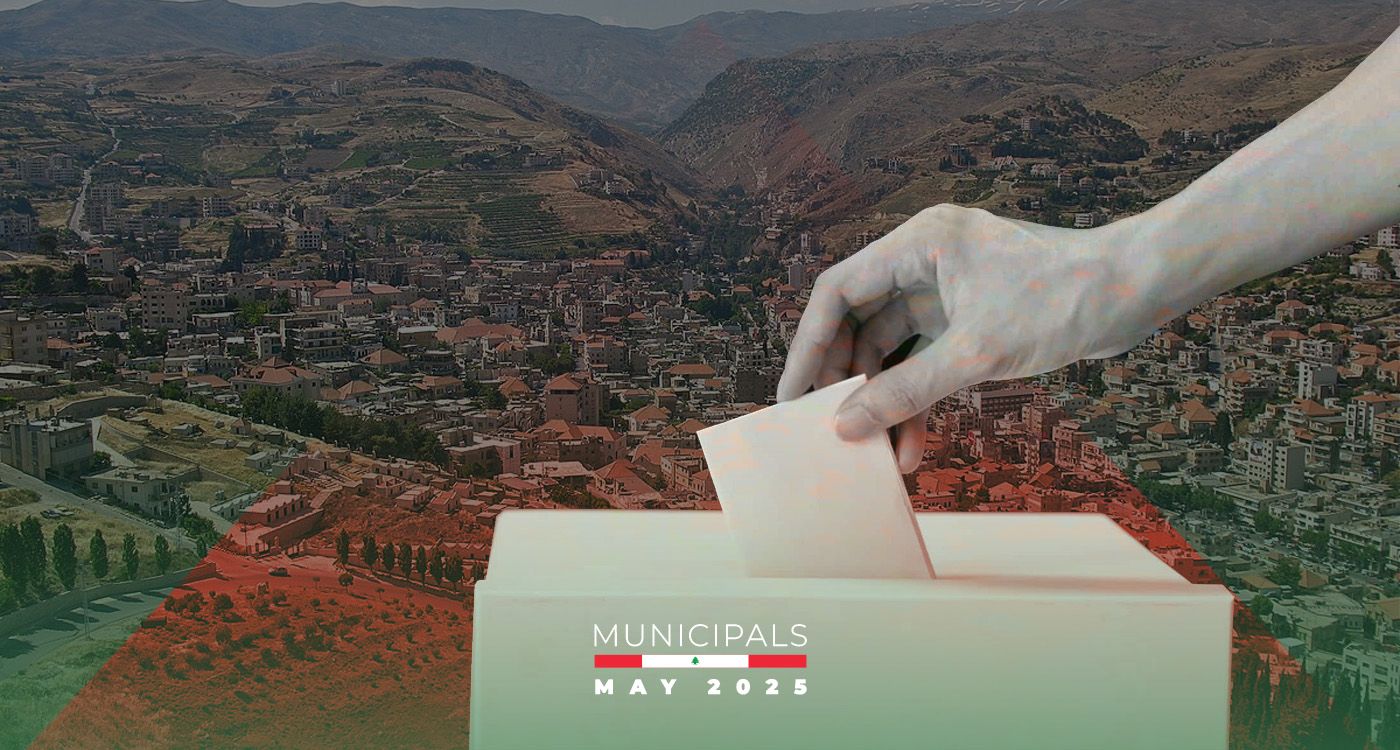
In Zahle, political maneuvering ahead of the municipal elections is playing out like an elaborate drama, echoing the suspense and turmoil of a Greek tragedy. With the race for the municipal council heating up, alliances are formed and dissolved at breakneck speed, turning the elections into a chaotic puzzle in which the pieces rarely stay in place for long.
As of tonight, two dominant electoral lists have emerged. The first is “Qalb Zahle” (The Heart of Zahle), spearheaded by Salim Ghazale and supported by the Lebanese Forces (LF). The second, “Zahle Rou’ya wa Qarar” (Zahle: Vision and Decision), is led by current municipal head Assaad Zgheib and backed by MP Michel Daher, the Kataeb party, and former MP Cesar Maalouf.
Meanwhile, key players like the Free Patriotic Movement (FPM), Myriam Skaff’s Popular Bloc, and local activists are still weighing their options, with no confirmed path forward. Their indecision may prove pivotal, as every vote has the potential to sway the outcome in Zahle’s tightly contested race.
The entire scene resembles a turbulent river—unpredictable and ever-changing.
A Faltering LF-Kataeb Romance
Originally, the Lebanese Forces and Kataeb were expected to align in a joint list, but plans unraveled over internal disagreements. Kataeb adviser Sassine Sassine told LBCI that the collapse wasn’t rooted in national politics but in local disputes over the distribution of seats. Zgheib's offer, which gave the Kataeb a larger share of representation, proved more tempting than the LF’s.
A source close to “Qalb Zahle” confirmed this narrative, revealing that the Kataeb abandoned the LF alliance in favor of a more favorable deal. In the aftermath, the LF turned to Skaff’s Popular Bloc to forge a new coalition, but those negotiations also fell apart. The LF claimed it had made major compromises to make the deal work, even offering reduced representation to accommodate Skaff’s group. However, according to an official statement, irreconcilable differences in vision and approach ultimately doomed the partnership.
Despite the breakdown, the LF proceeded with its own list, “Qalb Zahle,” with Salim Ghazale at the helm. Interestingly, the list includes Ziad Chaaneen, a Skaff ally, indicating a broader appeal. A source emphasized that the list aims to represent the people of Zahle as a whole, noting its average candidate age of 43 and the presence of six women—the highest female representation in the city’s municipal history.
The FPM and Skaff: Still Searching for a Role
After the collapse of talks with the LF, Skaff found herself politically isolated. The FPM, which had initially been considered a potential ally for Zgheib’s camp, was reportedly sidelined and forced to regroup. A brief attempt to coordinate with Skaff on an independent third list also failed.
Now, the FPM is reportedly considering running independently, with a tentative list of seven candidates—some experienced, others new. Whether this initiative materializes remains uncertain.
Cesar Maalouf’s Comeback
After initially announcing his withdrawal from the municipal scene, Cesar Maalouf, a former member of the LF’s parliamentary bloc, made a surprising return, throwing his support behind Zgheib’s list. He sharply criticized attempts—implicitly pointing at the LF—to "impose political agendas" on Zahle. His backing strengthens the Zgheib-Kataeb-Daher bloc and introduces a new dynamic to the contest against the LF-led “Qalb Zahle.”
A Fractured Civil Society
Civil society activists have also struggled to unify, failing to coalesce around a single list. Eid Azar, once linked to Skaff’s bloc, is now reportedly leaning toward “Qalb Zahle.” A source close to the list mentioned that Azar and his allies are still reviewing the various platforms and may ultimately align with the list they see as the most forward-thinking—currently, “Qalb Zahle” appears to fit that bill.
Toward a Fragmented Municipal Council?
With alliances constantly shifting and new coalitions failing to take shape, the outlook for Zahle’s upcoming elections is anything but clear. Many fear the result will be a splintered municipal council—an uneasy blend of political forces with conflicting visions. Voters, confused by the disarray, may choose candidates across lists, making it difficult for any single group to command a working majority.
One source from “Qalb Zahle” expressed hope that the turmoil will settle after Election Day on May 18. Still, a more likely outcome is a fragmented council riddled with internal clashes—potentially paralyzing local governance altogether.
At this stage, Zahle, the historical heart of the Bekaa Valley, sits at the center of political unpredictability, with alliances forming and collapsing like summer thunderstorms in the mountains.


Comments